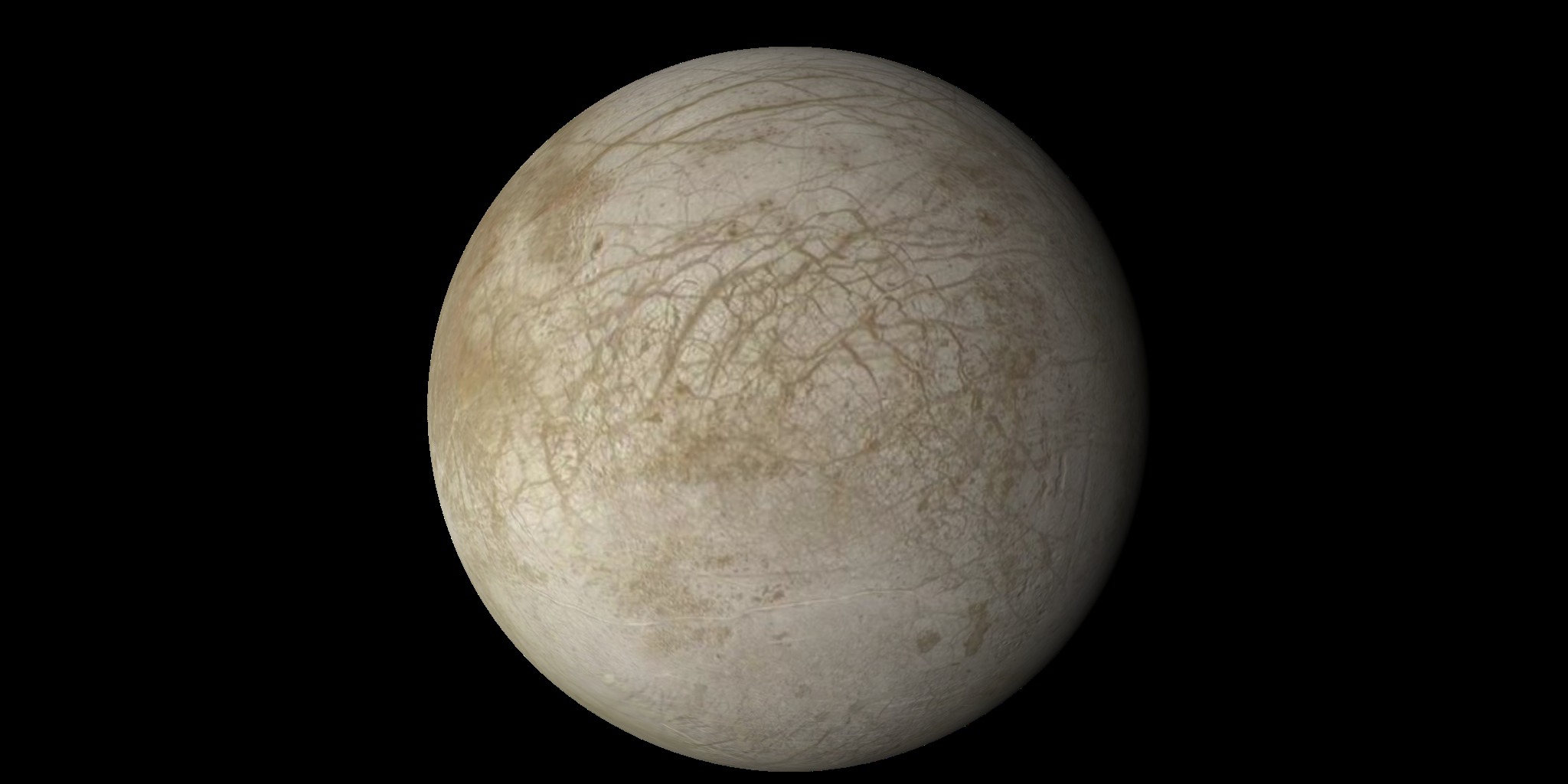First, let us talk facts about Europa as a celestial object. Europa is one of the moons orbiting Jupiter roughly 484 million miles away from Earth. A single "day" on Europa is around 3.5 days on Earth, and Jupiter's orbit around the sun takes about 12 years. It has a solid ice shell that surrounds it, and it appears to also have a massive liquid ocean underneath that shell. Additionally, due to the pushing and pulling of the planet from its orbit around Jupiter, Europa is much hotter than would be expected considering its massive distance from the Sun. This is the case because of "tidal heating," where the movement of the liquid water on the planet creates heat energy. Unfortunately, it still is only -210 degrees Fahrenheit at its hottest.
As a habitable moon for humans, Europa does have its share of issues. The main problem is the radiation that surrounds Jupiter (and subsequently Europa) - even probes would become completely demolished, "cooked" if you will, by the massive amounts of radiation in a fairly short amount of time. The main upside is the seemingly huge amount of water on the moon, but if the radiation doesn't kill us, the lack of sufficient amounts of oxygen in the atmosphere on top of the freezing cold temperatures surely will. Although, the other good thing is that Europa would only be about a 6 year journey from Earth, and compared to other "habitable candidates" like Kepler-22b (which is 600 years away if traveling at the speed of light), the journey is pretty manageable.
But moving on to surviving there. Many people, scientists and laymen alike, talk about "terraforming" celestial bodies to make it more habitable. Sure, if there was a way to heat up Europa, give it some more oxygen, and have it sustain a food source, then it could be a great new home. But all we are ever thinking of doing is attempting to make things more Earth-like. Instead, in my opinion, we should be thinking about how we can be more Europa-like. What can we develop to help us withstand those temperatures, or even the radiation and low oxygen levels? Will it come down to engineering our own evolution? Scientific advances are approaching the ability to change genomes practically at will, essentially ridding the need for "selective breeding" of sorts. Theoretically, we could have an entire generation of people who need less oxygen, who are highly radiation-resistant, and who thrive on cold weather. Sounds a bit like a different species altogether, but it could work. Regardless, scientists are trying to research Europa as much as possible and get as close as they can:
But finally, the question of the night: could Europa be sustaining life right now? Water is indeed seemingly the basis for all life forms, so it would not be inconceivable for certain life forms to survive and even thrive in the conditions on Jupiter's moon. However, we as humans still get stuck on trying to find things that are Earth-like. The Kepler projects are doing their best to find planets and moons as similar to Earth as possible, but that might be the complete wrong way of thinking. And since Europa is not quite Earth-like in many ways, it very well might have life on it. But why is looking for Earth-like qualities a bad thing, considering that these conditions seem to work pretty well for sustaining life here? The YouTube channel "MinutePhysics" explains it very well:
If you don't have time to watch that four minute video (though I highly recommend you do), essentially he argues that it is much more likely to find life on planets that are NOT like Earth - specifically on planets that are smaller and further from its star. And if we were to find life on other planets, they likely wouldn't be similar to humans either - probability and statistics suggest that extraterrestrial life forms will be larger and will have much smaller populations. Maybe these types of life forms do exist on Europa, perhaps under the surface. It is in fact smaller, and further from the sun, and has water...only we haven't seen life on it yet, so we can only assume that life would probably be in the ocean. However, I wouldn't be too set on life existing on Europa in the first place. Considering there are millions and millions of planets in the universe, we would be quite the outlier if TWO celestial bodies contained life in one solar system. But who knows, until we get there?
Sources:
Powell, Corey S. "Europa Or Bust." Popular Science 287.3 (2015): 54-59. Academic Search Premier. Web. 4 Apr. 2016.http://www.jpl.nasa.gov/missions/europa-mission/
https://youtu.be/KRGca_Ya6OM
https://youtu.be/GqTaDCt_F1Y
https://solarsystem.nasa.gov/europa/europa_ff.cfm

No comments:
Post a Comment